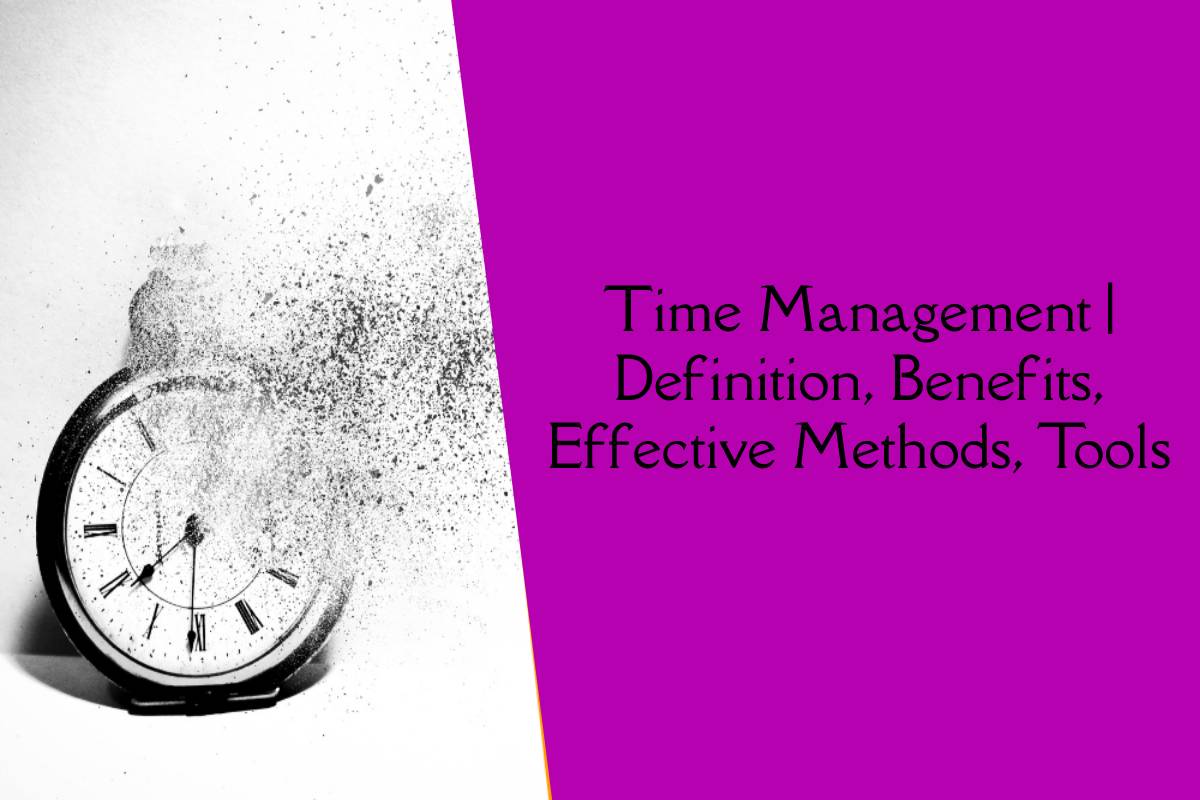Definition Time Management
Time management is a measure to increase personal efficiency. The aim is to plan the tasks to be done to create realistic and effective time management. Time management aims to stimulate precise and concentrated task completion and avoid idle times and idle costs. The time available should use sensibly and optimally.
Table of Contents
What is Time Management For?
To get responsibilities done on time and efficiently, good time management is a must. Suppose you have a concrete plan when you are also more disciplined and work more efficiently when what has to do. So-called time thieves then have a far lower chance of distraction. Whether at work, at school, or while studying – if you use a specific schedule, it is a lot easier to keep track of upcoming tasks. This helps to achieve goals and identify critical deadlines early on.
With Which Methods Can Effective Time Management Be Carried Out?
To properly manage time, planning must done in advance. It is important here to be aware of which activities are due shortly and how much time they will take up. These tasks and periods can then be transferred to a calendar and assigned to specific days and times of day, taking the deadlines into account. A calendar is seen as more advantageous than a simple to-do list, as the task’s duration can seen at a glance.
A new approach describes the not-to-do list. Here, tasks and activities should noted that you do not want to do. This is to help avoid bad habits and delegate certain things.
It is also advisable to set priorities. For example, tasks can classified as very important, important and not important, and very urgent, urgent, and not urgent. The activities that classified as very important and very urgent should start. This method is called the Eisenhower principle.
Monotasking
Furthermore, monotasking has proven itself over multitasking. Every time a task interrupted, and a new one started, it takes time. This is because you have to adjust to the other task again and trace back where you left off. This also means that you are more prone to errors.
The subsequent analysis is just as important for time management as planning. It crucial to know how much time spent on which activity, what waste and whether the planning was realistic. With this knowledge base, the next planning period can divided even more efficiently and realistically.
What Tools Do Time Management Support?
There are plenty of modern tools to implement the methods mentioned above. These often digital tools offer support in organizing tasks, teamwork, or projects. For example, there are online calendars from various providers that allow you to share appointments with colleagues and check other employees’ availability.
How Useful Is A Time Tracking Tool For Effective Time Management?
Time tracking is a helpful tool to improve your time management. This because the working hours record and the entire working hours can assigned to individual tasks. This is, of course, even easier if you work with a digital tool such as time recording software. You can see at a look which activities take how much time. The evaluations show which tasks or times of day are particularly inefficient and prone to failure in your time management. It becomes clear where there is a need for action.
Projects can also planned together with colleagues, and responsibilities and deadlines can defined. That makes working in a team a lot easier. The whole team can also see how much time has invested in the project and whether this corresponds to the planning specifications.
Also Read: What is Creativity – Definition, Training, Professions and More



